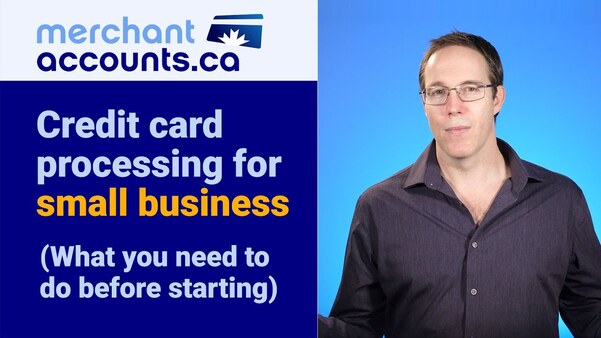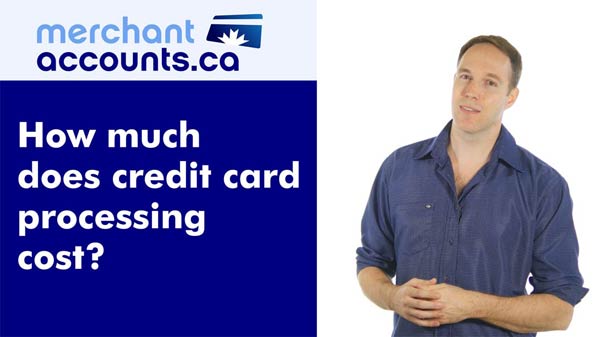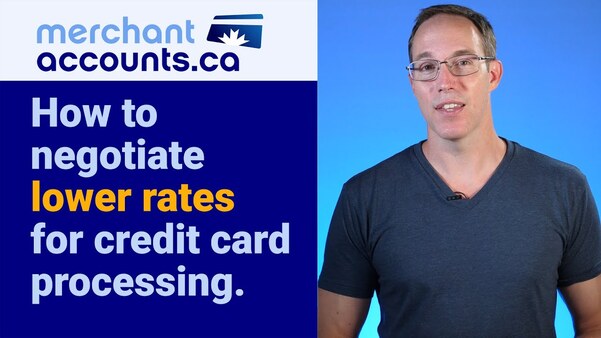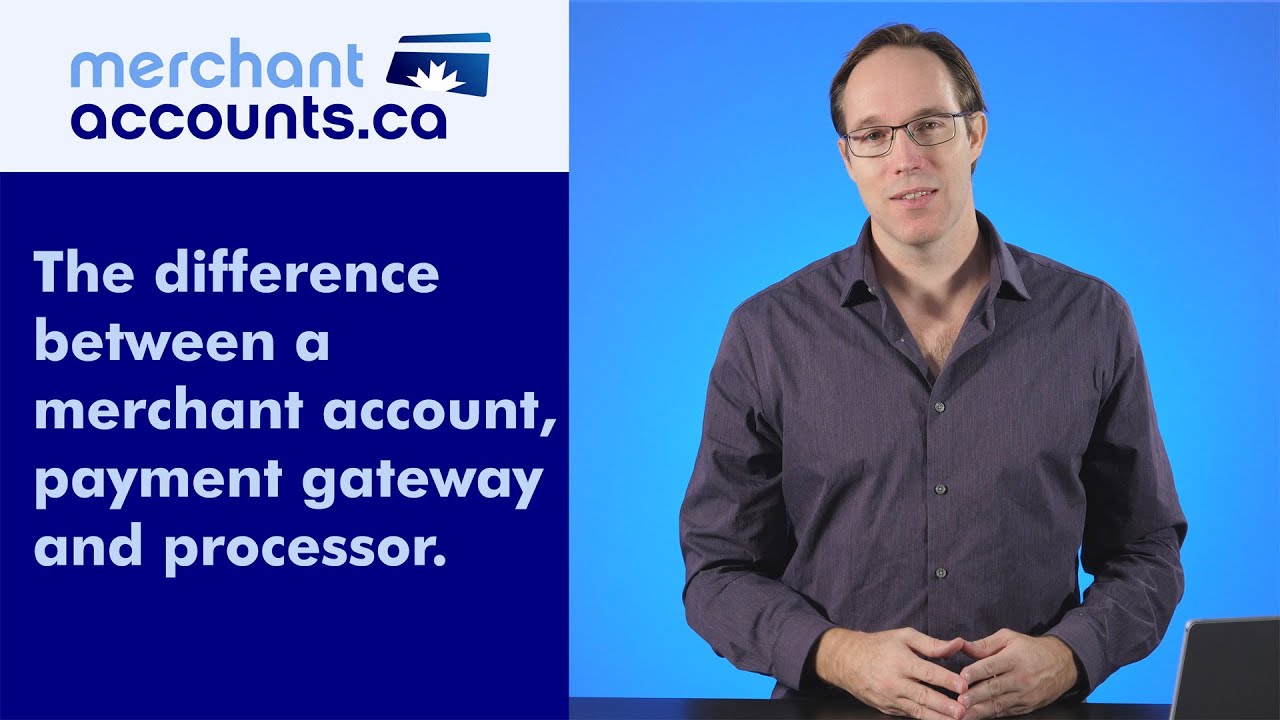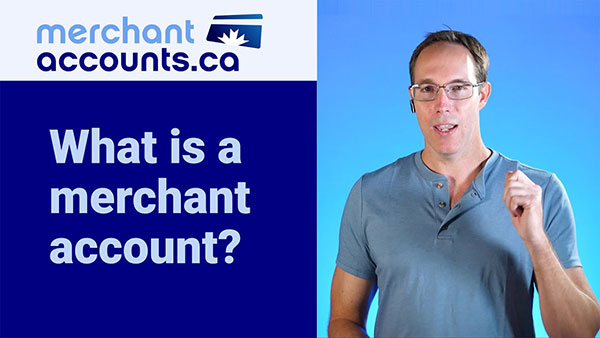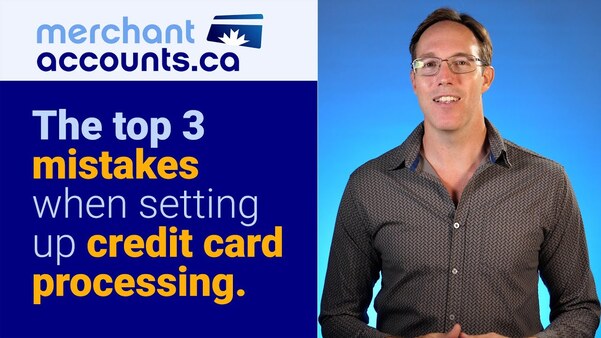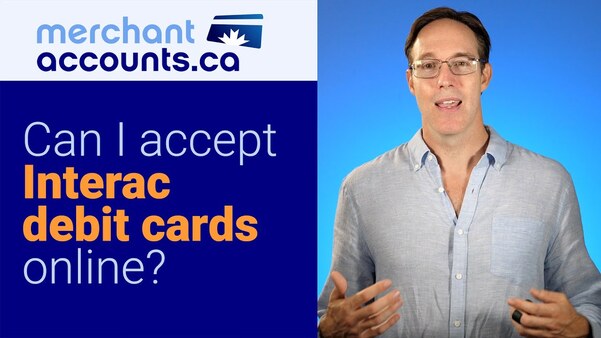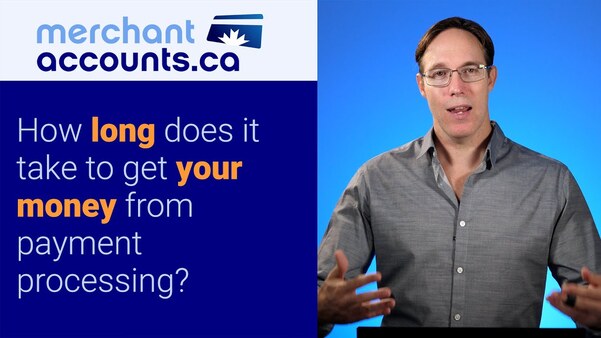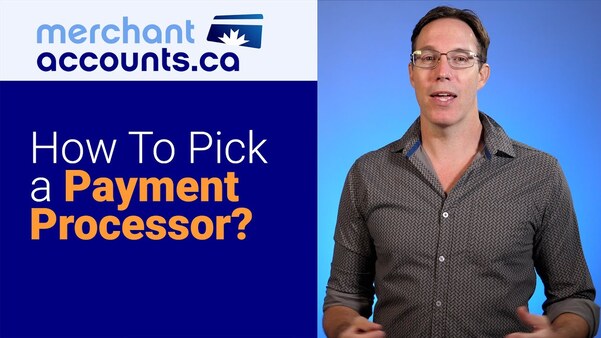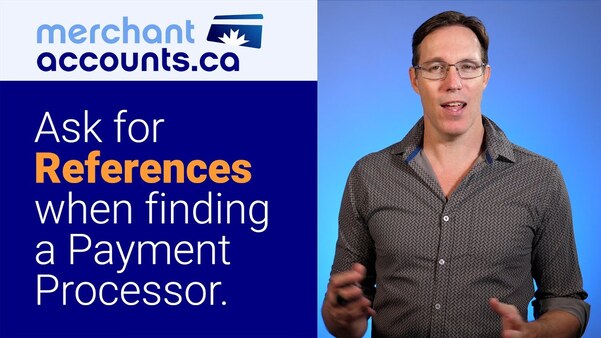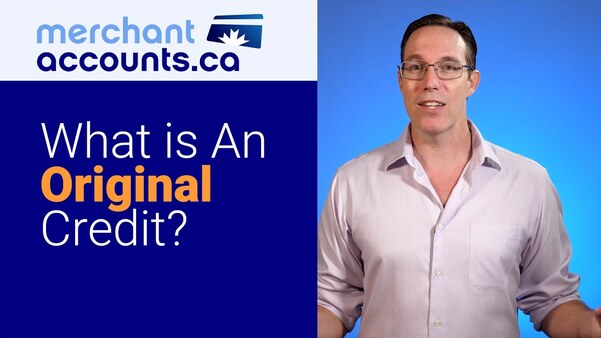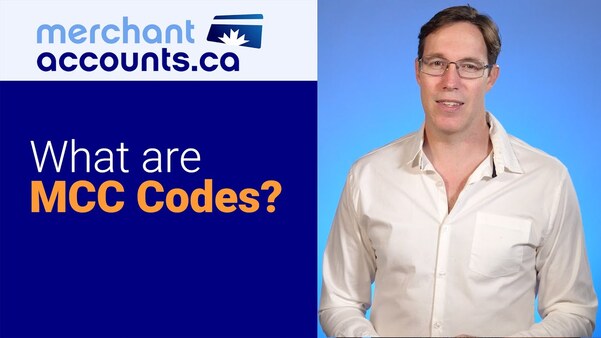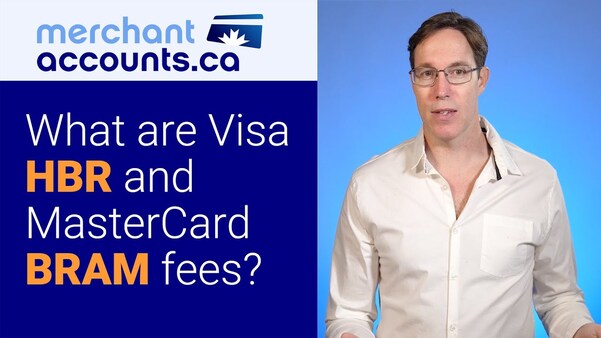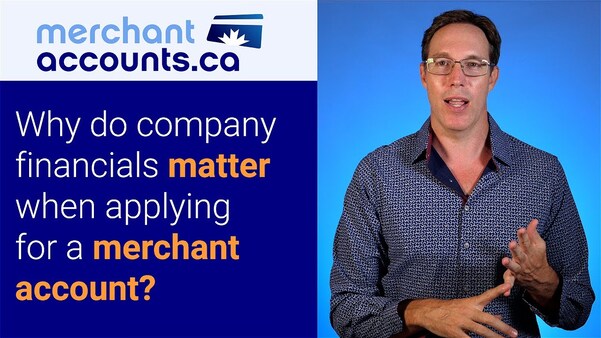August 28, 2023
by David Goodale
What To Do if Your Merchant Account Application is Declined?
This article is extrapolated from a presentation by David Goodale
Key Takeaways
This article is extrapolated from a presentation by David Goodale on the topic of what you should do if your merchant account application is declined.
Common Reasons Your Application is Declined
In this discussion we'll explore the main reasons why merchant account applications are declined, and what can be done about it. In many cases the reason is often related to what you sell.
Find Out Why You Were Declined
Did they tell you why you were declined? Some payment processors don't tell a merchant why they're declined. In some cases it could be because they're concerned that it could be a fraudster applying. It's not always in the best interest of the business of the payment processor to say why a merchant was declined, especially if it's a particularly suspicious application.

Trading Volume
How high are your trading volumes? If a company processes ten million dollars per month in sales, there is more risk at that trading volume than a company processing one thousand dollars per month in sales.
An established and well-known company doing ten million dollars a month in sales would not be as much cause for concern to a payment processor. However, if it's a brand-new business and quickly has a high trading volume, this could be a concern to payment processors. Sometimes businesses can be a victim of their success by growing too quickly, and that's where the volumes ramp up to a point where the processor may get nervous that something could go wrong.
Payment processors like a history of stability and the challenge with a new business is that there's not enough of a track record. One concern that they might have, is that for such a young business where are all of these customers coming from? They'll be wondering if you can predictably continue at this level of trading without any problems.
The owner of a new business may not be sure why the payment processor is concerned. As long as they're making money then why is there a concern? While your processor is happy to earn money from a merchant, they don't want to be exposed to risk. That's why helping them to understand your business better can lower the perceived risk and improve your chance at approval.
Together with your processor, you might agree for the first month to throttle your marketing a little bit. That way they can establish the curve on your chargebacks. This type of cooperative approach can really help on the approval front.
Generally speaking, a good payment processor will be glad to hear from you and get a better understanding of how your business works. (If you're having trouble getting approval why not reach out to us at Merchant-Accounts.ca?)
The Challenge with Larger Processors
Nuance is the enemy of bureaucracy. One of the challenges of working with most large processors is that you don't have the opportunity to build a relationship and have an open dialog. Were you able to talk to the payment processor and give them a good understanding of your business in the application phase? At most large processors you often are only able to submit a basic application form containing info like your domain name, your number of employees, and your trading volume. This is definitely not conducive to approval for complicated applications.

Cover Letter
Did you do a cover letter?
If you have any sort of complex business you should have one. In a cover letter you always write so that they clearly understand your business. You are trying to remove confusion and concern. Start by describing who you are, how you launched this business, how long you've done it for, and who your customers are.
A complete writeup on how to do a cover letter is beyond the intended scope for this discussion, but we do have other content on this topic.

Drop Shipping
If your business is drop shipping that can be considered a higher risk activity. The processor will want to know that you have controls in place to make sure that the customers are going to receive what they paid for. Specifically, they'll want to know that you aren't taking payment for items that are out of stock. Shipment delays can cause complaints and lead to chargebacks.

Credit Score
What's your credit score? Some processors put a lot of weight on the credit score while others don't. They always have to do a credit check to make sure that the customer is who they say they are. This is called a know your customer (KYC), and an anti-money laundering (AML) compliance check. Since they need to do a credit check anyway some processors tend to put a lot of weight into your credit score where others don't. Ultimately though, if a merchant's credit score is terrible or if they have a recent bankruptcy, it can impact an application negatively.
Don't Submit Too Many Applications
Similarly, because they're looking at your credit score, they can see portions of your credit history. If they see 5 or 10 pings at other payment processors having done a credit check, it makes you look suspicious or desperate and it doesn't help your case. Do not carpet bomb applications everywhere.
Figure out where you're going to apply. If you've run into a decline, take a breath, work on your cover letter, figure out what went wrong, and try to work with a payment processor that will proactively talk to you about these things. Don't just apply first, try to have a dialogue before the application. Find someone that you can work with to explain your business case for a better outcome.

Chargeback Risk
We once had a cruise line that was doing a themed cruise with heavy metal bands. It was a new company and a very interesting business idea. However, they didn't have enough money to handle chargeback risk.
If the cruise ship didn't pull out of the port on the promised day, there would be a landslide of chargebacks. While this is unlikely, if it did happen, the merchant didn't have the money to return to the cardholders. The payment processor would've been on the hook for a lot of money. In that case, we worked with them to try and get some investors that could put up some collateral or insurance just in case the ship did not pull out of port.
Conclusion
In summary, my best advice is to work with a payment processor (like us at Merchant-Accounts.ca), that will listen to your story and work closely with you.
Where your business is complicated you need to enter into a conversation to climate any concerns. Ask if you could have a call with the underwriter who's going to review your file because you want to tell them about your business. A sign of a good relationship is where this request is well received, and they take the time to get to know you.
Your cover letter should describe all the things that you need to address to paint your business in a positive light.
Following these steps should improve your chances of getting approval.
Need professional guidance?
Contact us for a free one hour consultation.
Can I Help Lower Your Processing Fees?
If you found this content helpful, will you give me the opportunity to quote on your business?
View Rates


